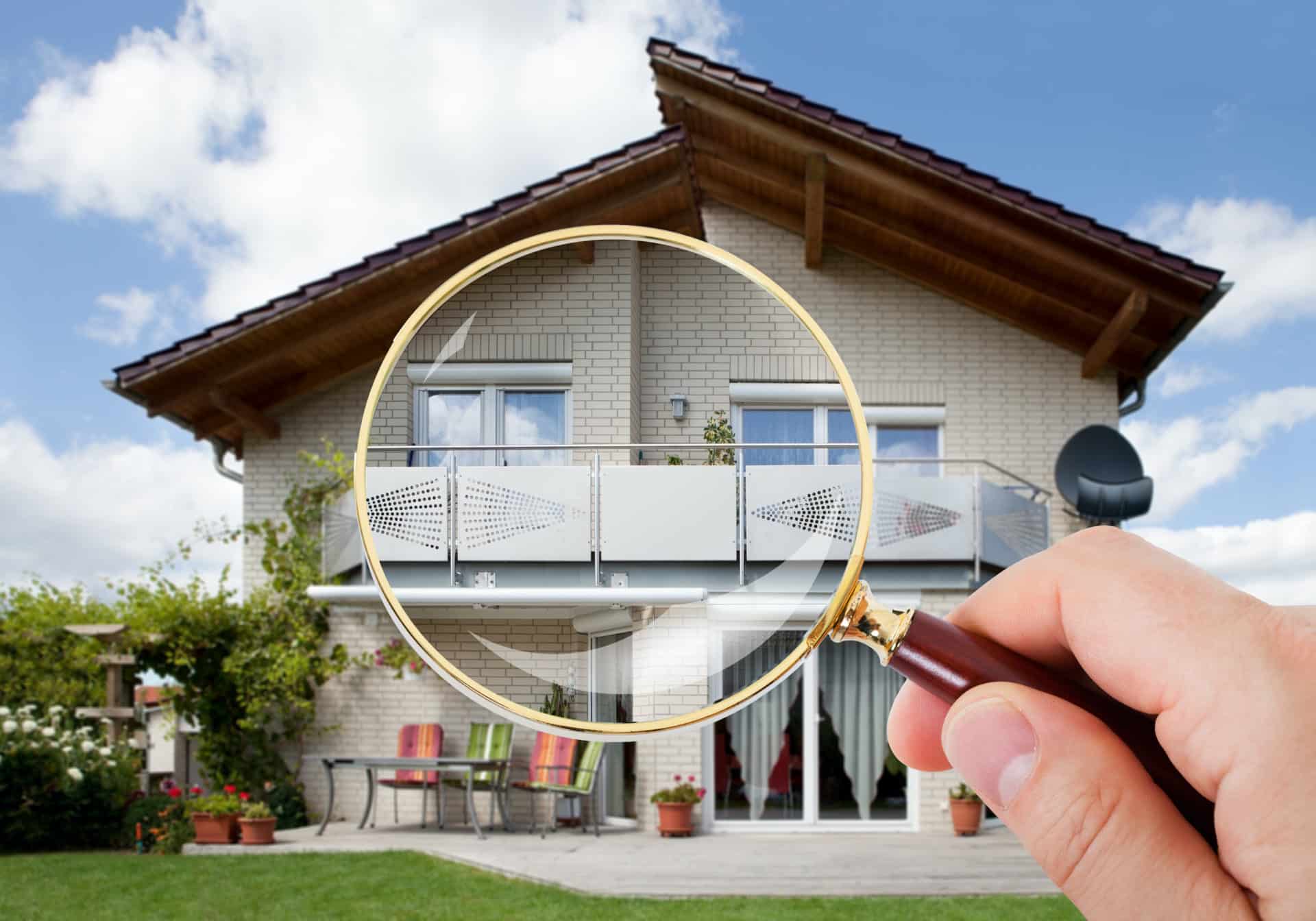When purchasing a home, it is a very good idea to do a home inspection. Not only can it help protect you during the purchase process, but it can also highlight areas of concern that you can address before they become major trouble spots.
Home inspections are done after your offer has been accepted by a seller. You can choose the home inspector and schedule a time for them to inspect the house. Many buyers like to be present during this process because it is often the last time they will see the home until they get the keys. Plus, it gives them time to discuss concerns with the home inspector and learn more about any issues they find.
What Are Home Inspections?
A home inspection is a thorough walkthrough of the home you’ve contracted to purchase.
Your home inspector will check out every nook and cranny that they can safely assess. I have seen home inspectors squeeze themselves into tiny crawl spaces to look for signs of mold or pest damage and go into baking attics to verify that the attic fan was working and that the roof substructure was sturdy.
Do I Need a Home Inspection?
A home inspection can pinpoint issues you might not readily notice, like problems with the foundation, building code violations, or termite damage.
In some cases, Realtors may advise their clients to skip a home inspection or to tell the seller that the home sale is not contingent on the home inspection. This choice is up to the buyer, however I do not recommend to my buyers to waive their right to a home inspection.
At the same time, home inspections provide buyers with a certain level of assurance that the property they are purchasing is being well represented. If you are unsure whether to have one, speak to your Realtor. She can cover the pros and cons of a home inspection for a particular property and help you make an informed decision.
Common Problems that Come Up During Home Inspections (And How to Fix Them)
Draining Problems
There are two types of draining problems that a home inspector checks: ground sloping and gutters. Ground sloping concerns the way water drains after it rains. Ideally, it should drain away from the house. Otherwise, it could cause water damage to the home. Gutters can help water drain away from the home, as long as they are properly installed.
If a home has a draining issue that could affect its foundation or cause other damage, it will need to be addressed. This could include adding a french drain, installing gutters, or other remediation.
Roofing Issues
A home inspection can determine whether a roof has sustained damage or needs to be replaced because of age.
In most cases, roofing issues are pretty easy to address. You can return to the negotiating table to reduce the sale price by the cost of repair, ask the seller to fix the roof, or take on the cost of repair or replacement yourself once you own the home.
Structural Problems
Home inspectors look for signs of structural problems. These can vary by property, but they are generally looking for cracks and sloping floors that indicate that the foundation is not level. Poor construction of walls can also lead to cracks.
Foundations can be expensive to fix, but it is not impossible to do so. While some buyers may see foundation problems as a deal-breaker, others recognize that they can be remedied with significant investment. If you choose to continue with a sale of a property that is suffering from foundation or other structural issues, you will likely want to renegotiate your offer to help cover some of the costs of repair.
Plumbing & Electrical Concerns
In addition to checking that visible plumbing and electrical are up to code, your home inspector will note any concerns. For example, if your pipes look like they may need to be updated in the future or if there are signs of previous leaking pipes, your home inspector will include this in his report. Similarly, if your electrical panel has improperly wired fuses or just plain old wiring, this will be noted too.
Plumbing and electrical issues will need to be addressed if they pose a danger to individuals or make the home unsafe. You can negotiate how this will be done with the seller.
Water Damage
Sometimes, a home inspector will find signs of water damage. This could be from previous roof damage or plumbing problems — or it could be from a current issue. Your home inspector will try to find the cause of the water damage.
Water damage may be a sign of a previous issue that has already been fixed. It may also be a sign of an issue that has yet to be addressed. If it is the latter, and your home inspector is able to pinpoint the cause, you will need to make plans to have it fixed. This may mean heading back to the negotiating table if the problem requires major repairs.
HVAC
Life without AC in Florida is uncomfortable, to say the least. Thankfully, checking that the HVAC is working properly is part of a home inspection.
Old or nonfunctioning units may need to be replaced—which means you may want to renegotiate your offer, depending on the price of the unit.
Remember, your Realtor is your partner throughout the home buying process. If you want to learn more about home inspections and the impact they can have on buying a home, just ask!
Are you looking to purchase a home and want to learn more about the process or just get started looking at Tampa home listings? Contact me today and let’s find that dream home for you.

